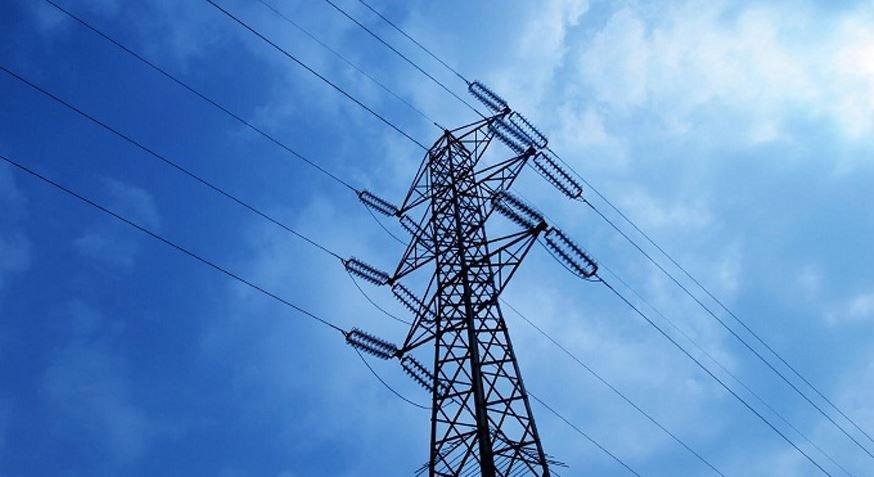KATHMANDU: The Bangladeshi government has greenlit the importation of 40 MW of electricity from Nepal. The Economic Affairs Committee of the Council of Ministers granted initial approval during its Wednesday meeting for the proposal to import electricity from Nepal. The news report does not disclose the price of the electricity to be purchased, with details expected to be discussed in the upcoming meeting of the Committee on Government Procurement (CGP) of the Council of Ministers.
Three months prior, Bangladesh’s Minister of State for Electricity, Energy, and Minerals, Nasrul Hamid, had indicated that the import of hydropower from Nepal was nearing its final stages. Following extensive discussions at both political and staff levels, India has agreed to permit Bangladesh to import 40 MW of electricity from Nepal using its transmission lines.
According to Mohammad Hussain, the Director General of Bangladesh Power Cell, the Baharampur-Bheramara transmission line will facilitate the electricity import from Nepal through Indian territory. As per the plan, Bangladesh intends to import electricity from Nepal through the Indian nodal agency NTPC Vidyut Vyar Nigam, acting as a service provider.
Facilitating the sale of electricity from Nepal to Bangladesh requires the signing of an electricity sale agreement involving the Nepal Electricity Authority (NEA), NTPC Vidyut Vyapar Nigam, India, and the Bangladesh Power Development Board. NTPC is the designated nodal agency by the Government of India for electricity trade with Nepal, Bangladesh, and other countries.
The decision to import 40 megawatts of electricity from Nepal using the Indian transmission line was reached during the meeting of the Nepal-Bangladesh Energy Secretary-level joint directorate committee in Bangladesh on May 16. In 2022, Nepal’s government granted permission to the NEA to sell domestically produced electricity to neighboring countries, India and Bangladesh. Nepal has been exporting excess electricity to India during the rainy season.
Despite being ready to export to Bangladesh, delays ensued as India initially withheld permission to use its transmission infrastructure. Recently, the Bangladeshi government also hesitated, citing election reasons. In 2018, both nations signed a Memorandum of Understanding (MoU) regarding ‘Energy Cooperation,’ aiming to collaborate on electricity development, exchange, and technical assistance. Bangladesh is gearing up to sell electricity from the Likhu-4 hydropower project.

